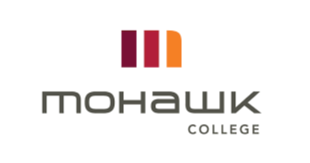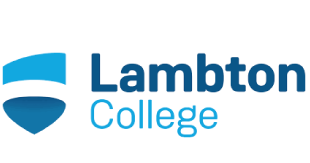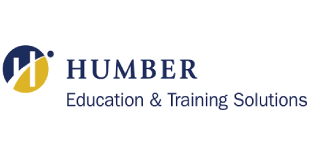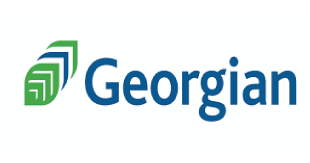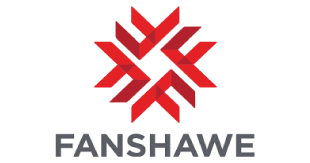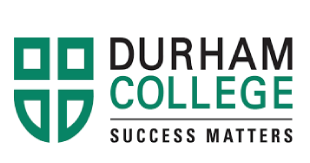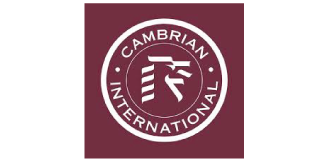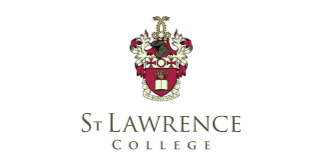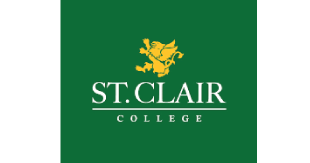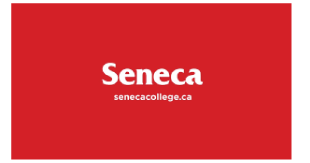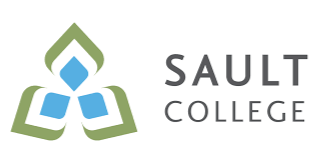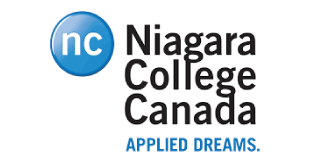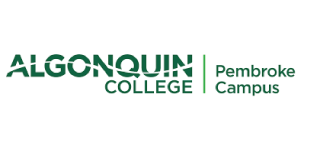Canada
After USA, Canada has become the most sought countries for immigrating and studying abroad. It is the world’s second largest country by total area and the fourth largest country by land area. Canada’s common border with the United States forms the world’s longest land border. The capital city, Ottawa, along with cities like Toronto, Vancouver, Calgary etc., are some of the most populated and livable cities in the country.
The country ranks the best in terms of quality of life, government transparency, economic freedom and education. It is so popular that the country welcomes at least 250,000 immigrants including students every year. The country is ranked the safest country to live in by OCED, rating Canada at 9.7 out of 10 for safety and the treatment of minorities. Canada has one of the best education systems in the world. The programs offered in most Canadian universities balance practical work and theoretical learning giving a complete hands-on education experience to students.
Canada has diverse cultural environment because of it being a highly immigrant populated country. People from all over the world come and settle in Canada or study here to build a successful career. The main languages spoken in the country are English and French. All these facts make Canada one of the most perfect destinations among students as well as immigrants.
Few more benefits to study in Canada:
- Low cost of living and Tuition fees
- Global recognition in terms of career
- Easy and Fast student Visa Process
- 1-3 years of Work permit after study
- High chances of permanent residency after study
- Co-op options (Internship) in many courses and colleges.
- Part time job opportunities while studying
We are the best Canada student visa consultants in Ahmedabad
With more than 200 universities for you to choose with us, RIS has proved to be a millennial for students who want to study in Canada. From Application processing to accommodating in the chosen city of the country, our teams of experts have counseled 500+ successful cases in Canada till date. Join the Radiant immigration Services to experience the best visa consultancy services in Gujarat.




